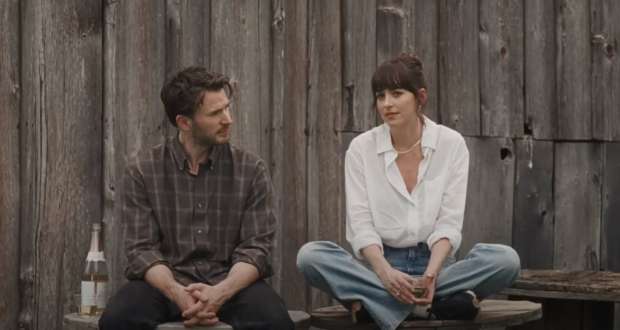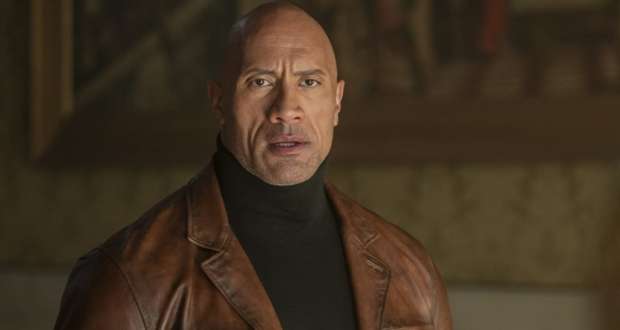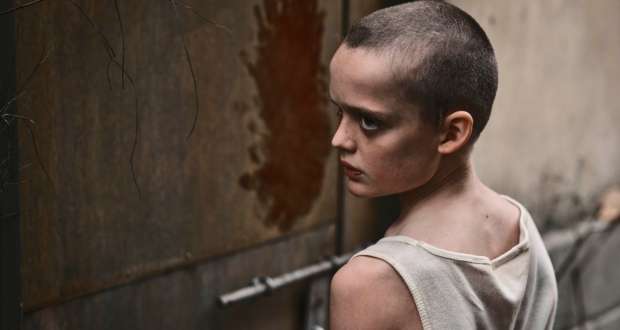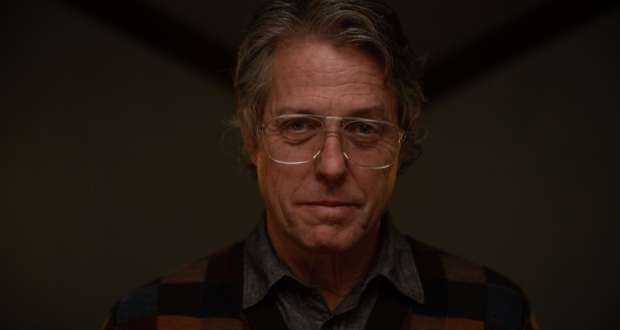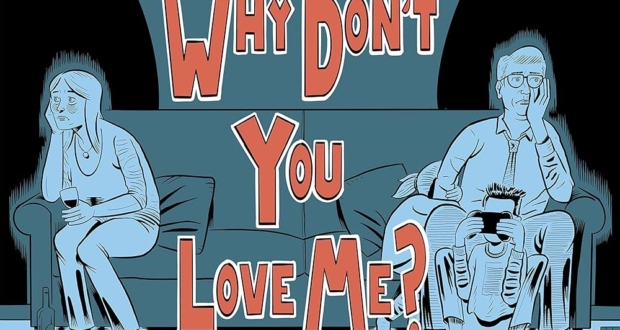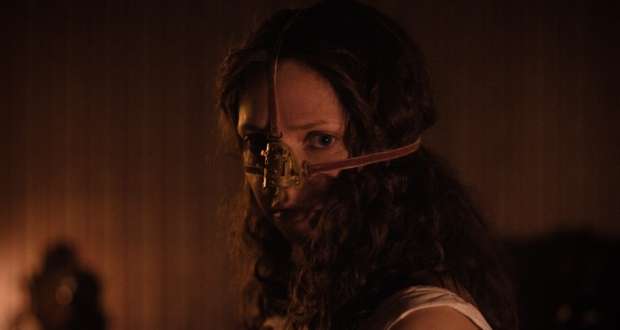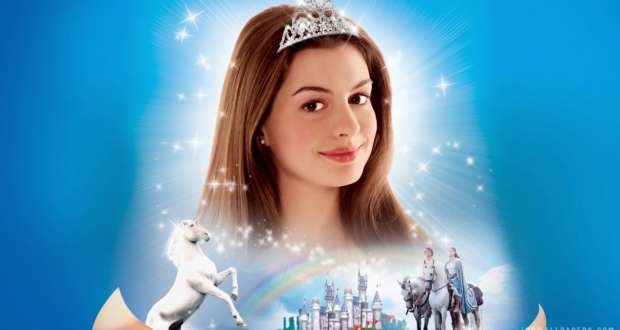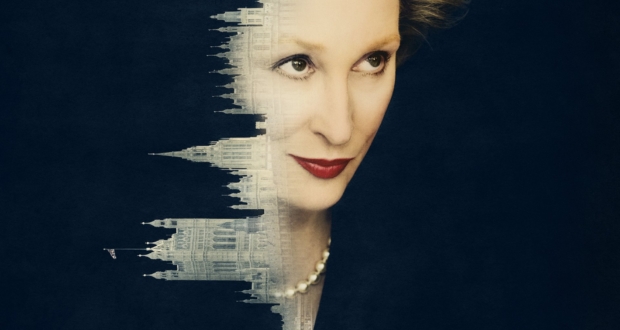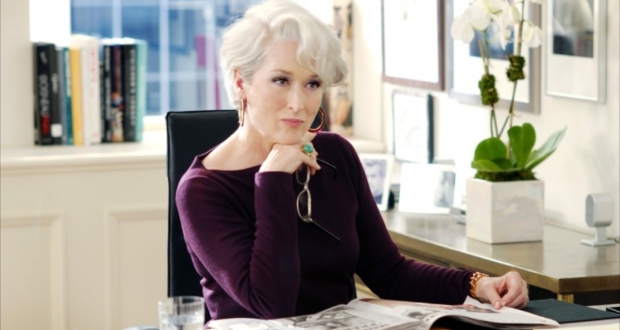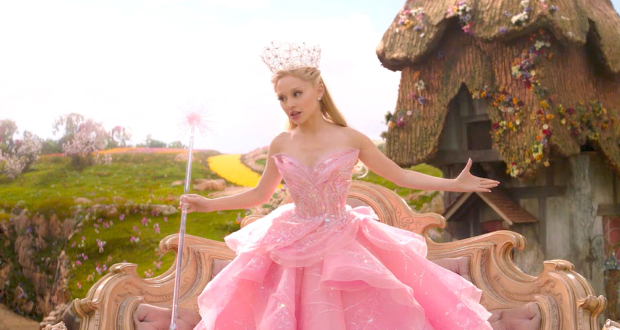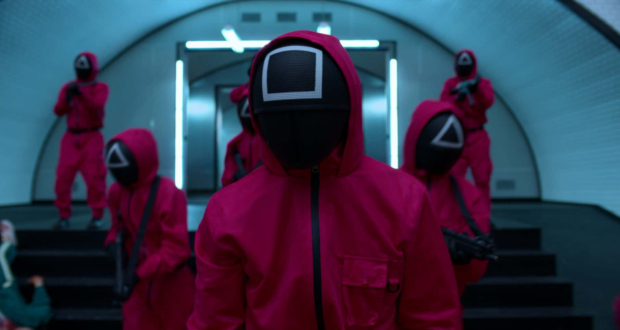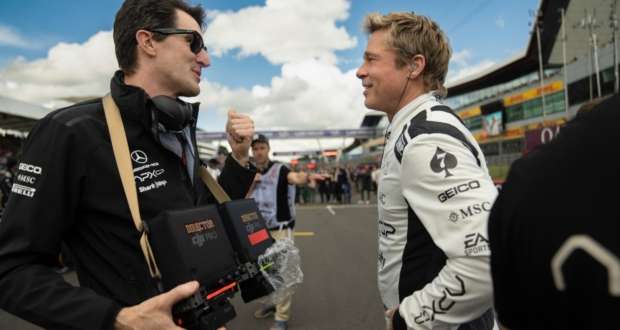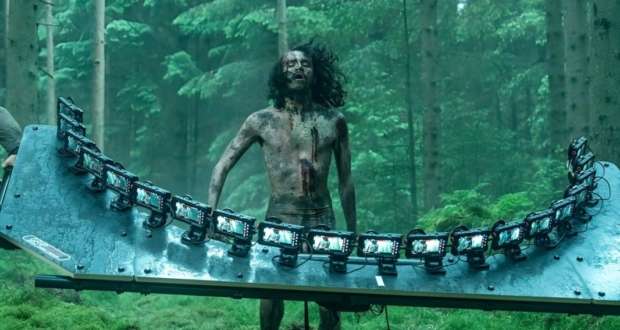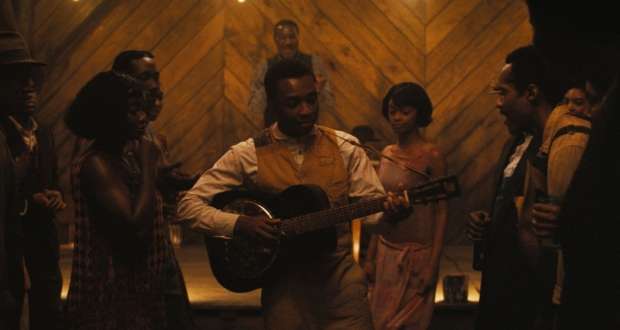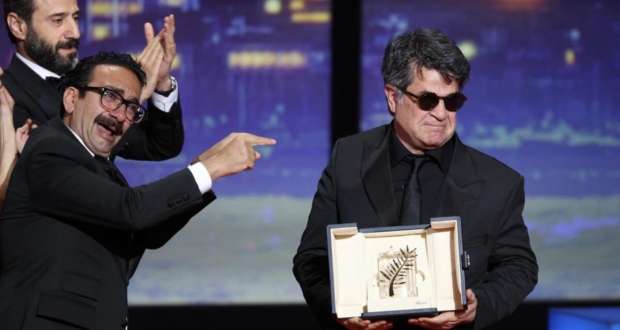Celine Song’s most awaited rom-com Materialists just added to the plethora of intense, thought-provoking themes wrapped in a light-hearted romance. It starred a powerhouse of a talented cast that portrayed the complicated tug between idealism and realism. Lucy (Dakota Johnson) is a perfect matchmaker who’s very good at her job. She’s responsible for nine weddings and is dating a man who came straight out of a romance novel. But is it all worth it than getting old with the love of her life?
Following this romantic tale, here is a breakdown of five incredible moments from the film that define it as a soulful love story that makes you wonder whether materialism and love can coexist.
Also, watch out for spoilers if you haven’t seen the movie yet.
1. Charlotte’s Wedding
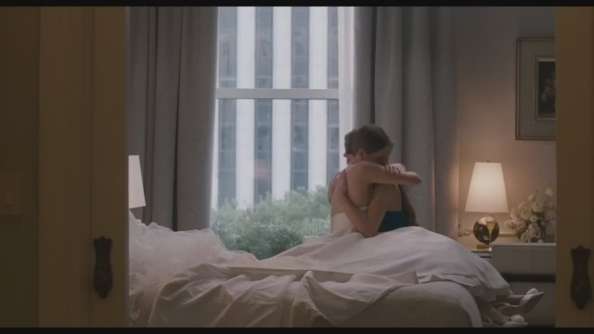
In this scene where Lucy is happily attending her client Charlotte’s wedding and suddenly her bridesmaids take her to a room. Charlotte is crying after her nerves kick in before entering a new chapter of her life. Lucy steps in and consoles her, explaining why she’s there and why she should marry for love.
What makes this scene special is the depiction of how good Lucy is at her job. Her problem-solving and people skills are what make her good at her job. In the scene, Lucy gives her the biggest reason to marry Peter, saying, “He makes you feel valuable”. Which later in the film becomes her reason to stay with John (Chris Evans).
2. The Car Scene
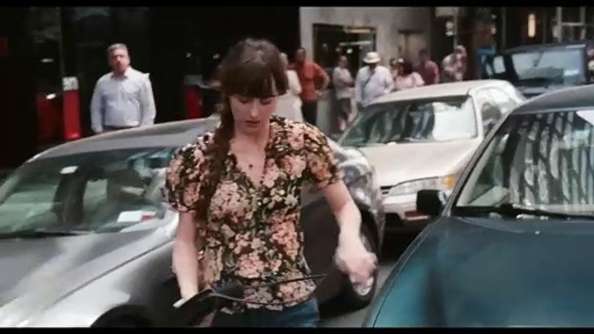
As Lucy gets in the car with John after unexpectedly running into him, she gets a flashback of when they were together. A fight breaks out between them, and Lucy loses it as John gets cranky while pinching pennies. Lucy gets out of the car and ends the relationship, saying she wishes she had never cared about money, but she does.
The scene is so well-written as it masterfully captures the emotional states of both individuals without making either of them look bad. The audience empathizes with John while perceiving the narrative from Lucy’s point of view. Lucy craves luxuries but not at the cost of love, while John respects her choices and lets her go like a true gentleman.
3. Lucy Breaks Up with Harry

The intense dialogue between Harry (Pedro Pascal) and Lucy in his apartment is raw and honest. After Lucy finds a ring hidden in Harry’s suitcase before they head to Iceland, she can’t carry the burden of running away from her feelings for John. She also finds out about Harry’s leg treatment that gave him extra height, making Lucy second-guessing her philosophy of ‘a perfect man’.
Harry gives Lucy all the reasons why they can have a perfect marriage due to their perfect compatibility and materialistic approach to life. However, Lucy picks love over logic and says “Love has to be on the table” and that they both do not love each other. She finally discovers that abstract emotions are deeper than shallow appearances that are often deceptive.
4. Sophie Blames Lucy for Her Assault
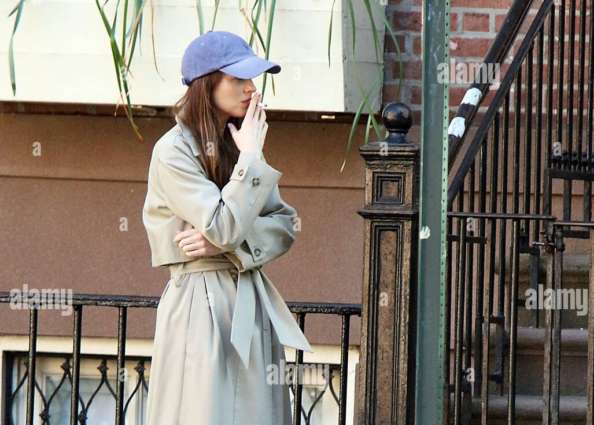
Operating on the same logic Lucy used all her life, she sets Sophie up with someone who she thinks has a cookie-cutter personality. But when Sophie gets assaulted on her ideal date, Lucy fumes with anger and regret. She goes to meet Sophie to explain herself and Sophie blames her for her horrible dating experience.
Dakota Johnson’s stellar performance in the scene makes it even more convincing. She is trying to verbalize her confused thoughts when Sophie asks her why she does it and she replies “Because you checked a lot of his boxes”. As soon as she says it, she realizes the shallowness of her belief system that she had subscribed to her whole life. Split between two opposite worlds of material comfort and inner peace, it serves as a moment of self-actualization for her.
5. Post Credits Scene
The unique ending scene of the film is surely worth mentioning. The post-credit scene where Lucy and John are getting married in the city hall is both mundane and extraordinarily romantic.
Hundreds of people get married in New York every day and have to register their weddings at that place. Yet there’s a profound backdrop to all of those stories. The painting of a crowded room filled with human beings choosing each other is exactly how you capture the perfect cinematic shot.
Materialists was traditional and antiquated with what’s being called a ‘broke man propaganda’ like The Notebook and Titanic. However, the movie reasonably accentuates man’s need for materialism and the luxury of romance. What makes it artistically relevant is the room for discourse that it had in terms of character-building and real-life scenarios manifested.
Let us know your thoughts on the movie in the comments below.

